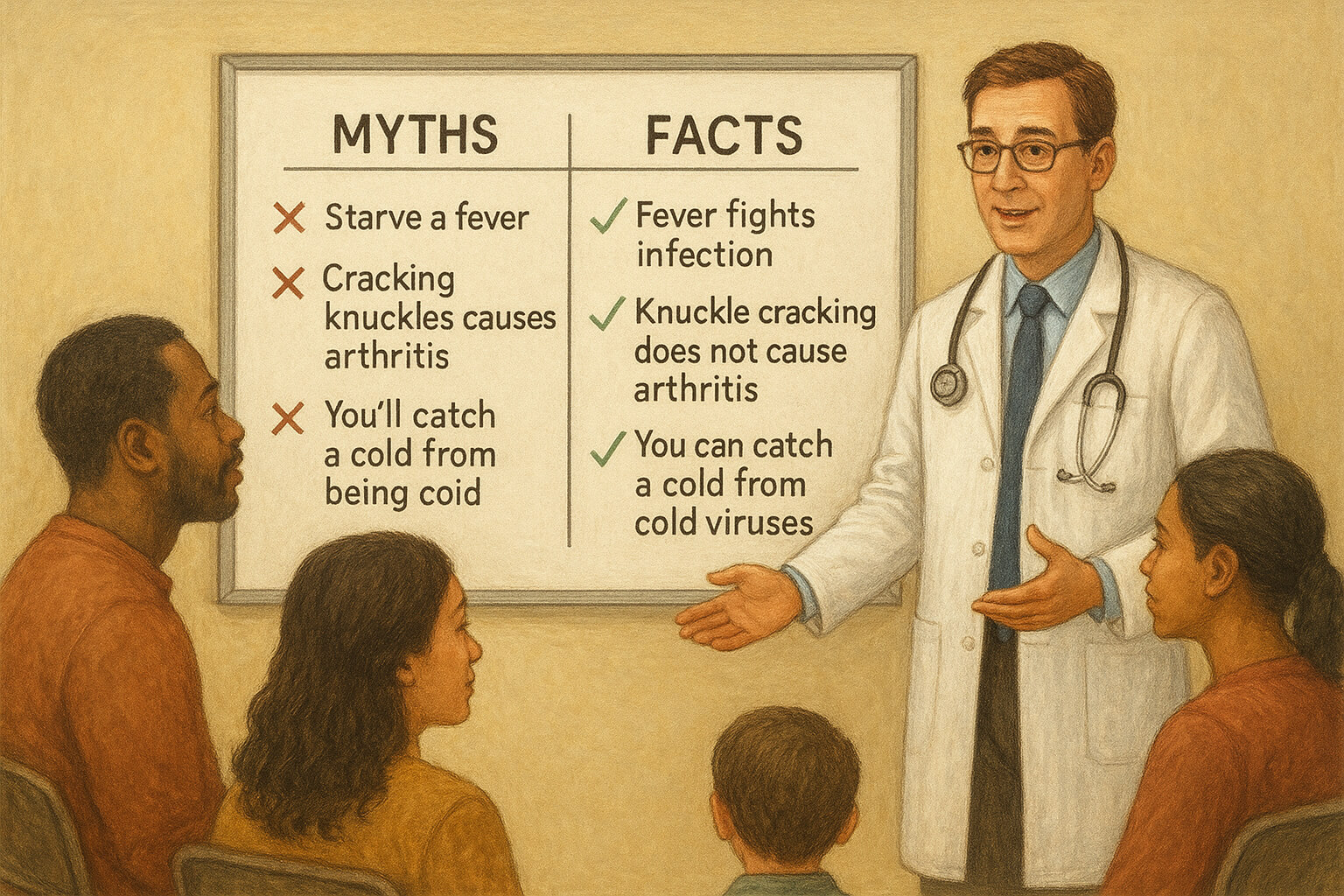September 05, 2025

Recovery from illness, trauma, or chronic conditions is often seen as a personal struggle. But healing doesn’t happen in isolation. A growing body of research shows that community support plays a critical role in improving health outcomes and fostering long-term well-being. Whether through emotional encouragement, shared experiences, or access to trusted resources, communities help people recover more effectively—and sustainably.
Facing a health challenge can feel isolating, especially when symptoms are invisible or misunderstood. Supportive communities offer emotional validation and companionship, which are essential to maintaining mental health during difficult times.
Studies show that individuals with strong social ties are less likely to experience depression and anxiety—and often recover faster from physical illness.
These connections reduce stress, lower inflammation, and boost resilience. Even simple acts like a phone call or a shared meal can have a measurable impact on mental and physical health.
Related reading: Understanding Mental Health
Communities are rich with lived experience and practical wisdom. Support groups, neighborhood programs, and online forums create spaces where individuals can share coping strategies, compare treatment options, and learn from one another.
This peer-to-peer learning model empowers people to ask better questions, advocate for themselves in healthcare settings, and feel more in control of their recovery.
Example: Wellness groups focused on food and lifestyle choices often explore the link between gut health and emotional regulation, reinforcing the mind-body connection.
Learn more: Understanding the Gut-Brain Connection
Healing is rarely linear. There are moments of progress—and moments of setback. Being part of a supportive community encourages consistency, patience, and perseverance.
Whether it’s a walking group for stroke survivors, a chronic pain support forum, or a meditation class, structured social environments can keep individuals engaged and motivated.
Health is deeply influenced by culture and spiritual beliefs. In many communities, healing is a collective, even sacred act. Prayer circles, group rituals, or culturally rooted wellness practices can help people make sense of their experiences and feel held in their journey.
The World Health Organization (WHO) acknowledges the role of cultural and social determinants of health and urges practitioners to recognize them when supporting recovery.
Spiritual support doesn’t always mean religious—it can also mean connection to values, tradition, ancestors, or shared purpose.
For community support to be truly effective, access must be equitable. Not everyone has the same opportunities to join a group, attend an event, or find like-minded peers.
Healthcare providers, nonprofits, local leaders, and policy makers can work together to:
Recovery is not just a personal challenge—it’s a public health opportunity.
When we invest in communities, we improve health at both the individual and societal levels.
Recovery is not something we’re meant to do alone. While treatments and therapies are essential, human connection is often the difference between surviving and truly healing. Communities—whether built through family, culture, online spaces, or shared experience—offer the empathy, knowledge, and strength that medicine alone cannot provide.
By fostering strong, inclusive, and compassionate support systems, we create a healthier world where no one has to recover in isolation.
Stay up to date with the latest tips, expert insights, product reviews, and step-by-step guides to help you grow, create, and succeed—no matter your industry or passion.